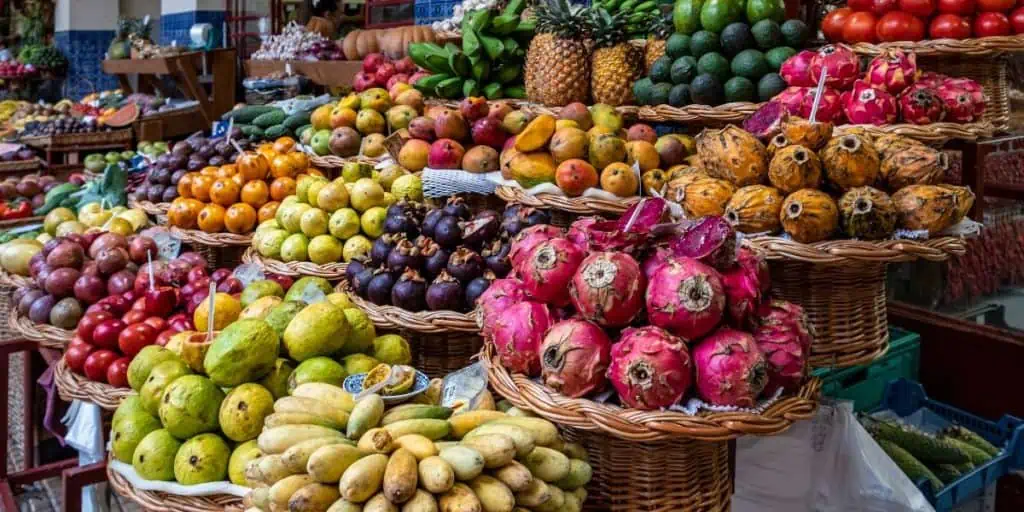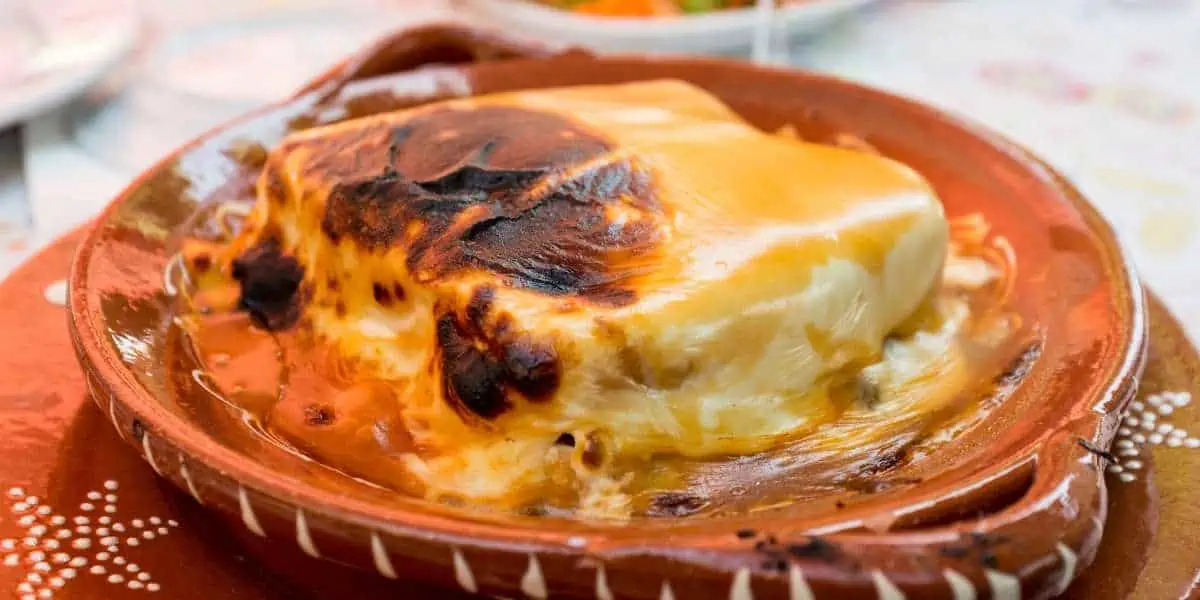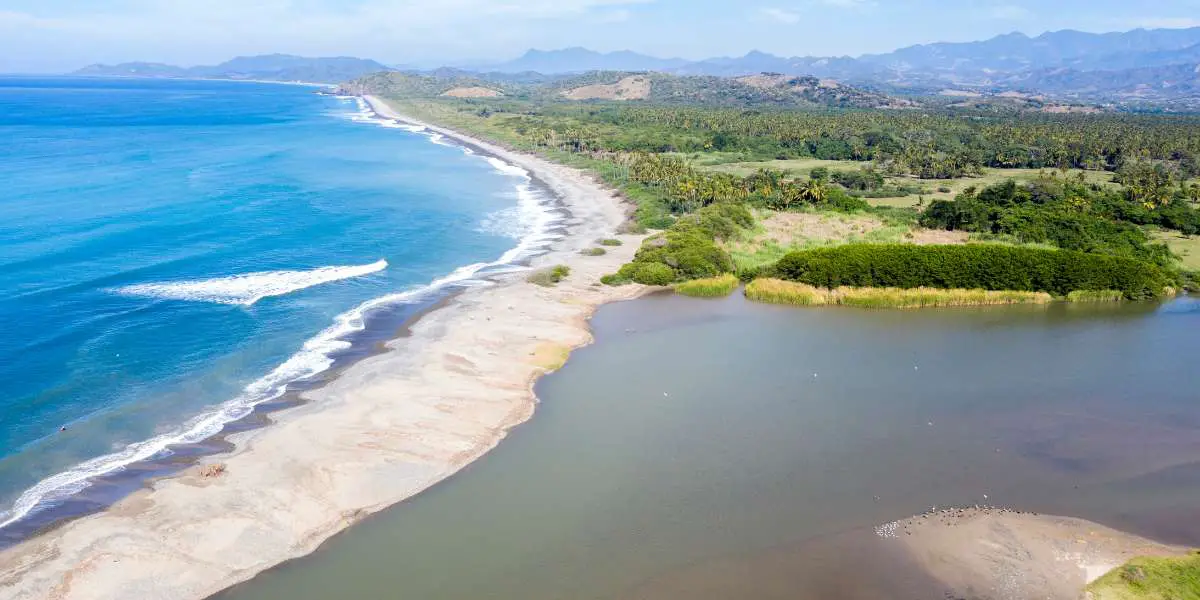Discover Portugal through its exploding food scene. Unleash your inner foodie and connect with local culture while working remotely in this European gem dotted with quaint towns, vibrant cities, and flavors as rich as its history.
Why Portugal is a Foodie Haven for Remote Workers
Portugal is having a moment. This small European country wedged between Spain and the Atlantic Ocean is emerging as a top remote work destination, prized for its mild climate, affordability, safety, and renowned hospitality.
Beyond the sunny beaches of the Algarve and lively urban energy of Lisbon and Porto lies Portugal’s crowning glory – its cuisine. Infused with Mediterranean zest, Atlantic seafood, and exotic spices from colonial conquests, Portuguese food culture promises a sensory experience as unforgettable as the landscape.
A Melting Pot of Flavors
Situated at the crossroads of civilizations, Portugal synthesized culinary influences from trading partners and conquerors past. Moorish spice blends met New World ingredients from Portuguese explorers to yield iconic dishes like cataplana, a seafood stew, and the egg tart pastel de nata.
Regional specialties also emerged, from the garlic-heavy, pork-centric fare of the north to the barnacle stews and razor clams of the rugged west coast. Whether baked, grilled, roasted or stewed, Portuguese dishes reveal a common thread – outstanding ingredients, uncomplicated preparations, and a reverence for tradition.
Farm-to-Table Dining
Beyond its time-honored recipes, Portugal prides itself as a leader in sustainable gastronomy. With profoundly seasonal and local diets built around small family farms, the Portuguese kitchen centers freshness and simplicity.
Remote workers can reap homegrown Mediterranean produce straight from bustling market stalls or tucked-away farmers’ gardens. Those eager to dig into hands-on regional foodways can try their hand at cheesemaking in Alentejo, harvest olives in the Algarve hills, or help smoke chouriço sausages in the mountain villages of Trás-os-Montes.
Quintessential Atmosphere
The final wonder of dining your way through Portugal? The atmosphere. Outdoor cafés, mom-and-pop taverns unchanged for decades, and Michelin-starred temples to contemporary cuisine all beckon remote workers. Late dinners filled with savory dishes encourage lively conversation with new friends under strings of twinkling lights on breezy patios. With its festive dining culture and AUTHENTIC charm, Portugal sets an alluring stage for remote culinary adventures beyond the computer screen.
Nomadic Work Setup Tips While Exploring Portugal’s Food Scene
To unlock Portugal’s edible bounties as a traveling remote worker, efficient work time and setup is key. Follow these tips to seamlessly integrate Portuguese epicurean delights between work sessions:
Handle Logistics
- Secure stable, fast internet whether coworking at [Nome do Espaço] in Lisbon or connecting at [Outro Café com WiFi] in Porto
- Confirm appropriate power adapters for charging devices
- Download offline maps/translators to navigate food journeys without WiFi
Prep Your Mobile Office
- Pack light, reliable tech (laptop, phone, portable charger, headphones, selfie stick)
- Organize go-to productivity apps in advance
- Set automation to minimize administrative tasks
Scope Out Food-Friendly Workspaces
- Look for cafés, bars and lounges conducive to short working stretches
- Take walking meetings to multitask sightseeing with team check-ins
- Mix in dedicated coworking with food/drink amenities (unlimited coffee, happy hours)
| Coworking Spot | Perks | Location |
|---|---|---|
| Lisbon Lounge | Restaurant/bar, event space | Lisbon City Center |
| Omnispace | Nap rooms, massage services | Multiple Lisbon Locations |
| Porto i/o | Riverfront patio, bike rentals | Historic Ribeira District |
A Day of Culinary Wanderlust for the Nomadic Foodie
The tantalizing task? Pack as many authentic flavours into your workday as possible while balancing career priorities. Here’s a snapshot for fusing food, work and cultural connections around Lisbon:
Sunrise Pastéispaired with Espresso
Begin your morning tasting Portugal’s beloved egg tart pastry, pastel de nata, with a strong bica (espresso). Neighborhood cafés filled with chatting locals are the quintessential breakfast pitstop. Top picks include Confeitaria Nacional for a sweet starting jolt near Rossio Plaza or the original Pastéis de Belém for a warm pastry straight from the oven.
After breakfast, seize the early hours for heads-down work before Lisbon’s streets grow crowded. Stake out a riverside perch at Pois Café or find a hidden bench amidst Eduardo VII Park’s manicured gardens.
Light Lunch for Fueling the Afternoon
When midday hunger strikes, sample authentic local fare at a mom-and-pop restaurant like Solar dos Presuntosor or A Camponeza. Their small plates, simply grilled fish, and charcuterie platters offer lighter, reasonably priced options. Top off your meal with a crisp house white like Vinho Verdeand still be ready to grind out admin tasks for a couple afternoon hours.
If deadlines loom, grab lunch to go. Post up with your computer overlooking the Tagus River at MAAT museum’s outdoor café or beside a landmark tram as it rattles past.
Sundowners with Stunning Vistas
As another Portuguese sunset approaches, extend your workday a tad by shifting venues. Rooftop bars like BA Wine Bar Bairro Altoy Topo Chiado marry panoramic views with tapas plates perfect for small bites while typing away. Food stalls at Time Out Market Lisboa also promise prime people watching spots.
Late Night Feasts
At last, the time comes to indulge fully once work devices power down! Downtown Lisbon melds folksy hospitality with gastronomic ingenuity at eateries like A Travessa, awarded a Michelin star for its inventive updates of traditional Portuguese fare. Or go all out at Prado, a designer-chic restaurant dedicated to artfully plated contemporary dishes.
Prefer a local, lived-in vibe? Tuck into Ramsay-recommended chicken piri piri at Bonjardim or join animated crowds in the alleyways of Bairro Alto. Wherever you land, raise a glass of fruity espumante sparkling wine as you toast another successful work adventure fueled by the incredible food, drink and atmosphere Portugal offers.
Exploring Portugal’s Markets and Food Festivals

Beyond restaurants, unraveling Portugal’s culinary identity means engaging its vibrant food markets and seasonal festivals. Wandering these epicenters of local commerce and culture promises an authentic glimpse into regional traditions and flavors.
Marketplace Meanderings
At food markets both modest and sprawling, remote workers become part of the dance – squeezing past fishermen auctioning the catch of the day, inhaling the perfume of fruit stands overflowing with almonds and oranges from the Algarve orchards, or gathering ingredients for a picnic lunch.
Famed options like Lisbon’s Time Out Market and Porto’s Mercado Bom Sucesso serve up concentrated cornucopias of Portugal’s culinary bounty alongside entertainment, from live cooking demos by local chefs to street performers. Even humble neighborhood markets allow first-hand connections with local specialties through sampling and chatting with vendors about regional food preparations.
Partaking in Food Festivals
Beyond everyday food market explorations, remote workers can plan itineraries around Portugal’s ubiquitous food festivals. At these annual celebrations of a signature ingredient or dish, entire towns brim with tastings, cooking workshops, live music, and parades dedicated to that foodstuff.
Famed gatherings include the two-week September olive oil fest in the tiny village of Freixo de Espada à Cinta, “sausage city” Vinhais’ January salami showcase, and the June ovos moles festival in Aveiro, which honors a decadent egg and sugar confection. Celebrating cultural touchstones through food builds powerful and delicious memories.
Top 5 Tips for an Ethical Foodie Experience
While tantalizing the tastebuds through travel, conscious remote workers also ponder food’s deeper impact on local economies and the planet. Consider these tips for a sustainable, mutually beneficial epicurean adventure:
- Support mom-and-pop establishments to bolster local communities over big chains
- When possible, buy directly from food producers at markets, farms, and fisheries
- Opt for sharing plates family-style to reduce food waste if unable to finish
- Bring reusable utensils, straws, etc.
Connecting with Local Food Artisans
Portugal’s culinary excellence stems from generational food artisans carrying on tradition. Seek out these keepers of local foodways for insider’s perspectives on regional tastes and ingredients.
Private Food Tours
Partake in curated tasting tours like Culinary Backstreets’ “Lisbon City of Gastronomy” walk unveiling hidden gems guided by a food anthropologist. Or opt for excursions directly supporting local artisans like Food Tours Portugal’s Behind the Scenes paths through family-run ceramics factories, cheese caves, and port wine lodges.
Workshops
Some remote workers may crave more hands-on immersion in Portuguese food crafts. Attend a workshop right at the source – mastering pastel de nata baking at Pastéis de Belém’s pastry school or learning to stuff Alentejo’s prized presunto ham at a family-run smokehouse. Visitors can mold their own colorful glazed ceramics with local artisans on A Vida Portuguesa’s studio tours too.
Voluntourism on Farms
For those eager to dig into agricultural feats fueling Portugal’s cuisine, volunteer programs on traditional farms allow visitors to get their hands dirty. Help an olive oil farmer finish the harvest before settling in for a Shared Table feast under the olive groves, or assist a local family with their orange orchard’s spring pruning in exchange for picking fruits to take home.
Regional Specialties Not to Miss
While Portuguese food culture centers on acknowledging terrain and seasonality of ingredients, some iconic dishes define certain areas. Be sure to sample these distinct regional specialties showcasing local flair:
Porto & the North
- Francesinha: Porto’s beloved “little French girl” stacked sandwich oozes with molten cheese and assorted meats smothered in a secret spicy tomato sauce
- Bacalhau (salted cod): The Portuguese claim 365 recipes for bacalhau alone – look for it baked, braised, fried, and more
- Vinho Verde: Literally “green wine,” the young, slightly effervescent white wine grown northwest of Porto pairs perfectly with seafood
Alentejo
- Açorda à Alentejana: Rustic garlic-infused bread stew swimming with coriander, olive oil, eggs and whatever seasonal ingredients farmers offer – shrimp, mushrooms, sausage
- Pork products: Alentejo’s acorn-fed black pigs yield succulent charcuterie essentials like presunto ham, chorizo and morcela blood sausage
- Wines: Alentejo’s scorching climate and granite soils lend fruity, full-bodied fame to its red blends and oak-aged whites
Algarve
- Cataplanas: These domed copper lidded pans seal incredible stews brimming with seasonal Atlantic fruits de mer – clams, mussels, fish
- Fresh seafood: From skewered sardines straight off the grill to barnacles pried from rocky coves, the Algarve coast promises oceanic bounty fried, roasted or steamed
- Citrus: The south’s subtropical microclimate means abundant citrus – sip refreshing Algarve orange wine or taste standalone orange desserts
Madeira
- Milho frito snack: Streetside stalls keep this fried dough treat hot in glass cabinets – tear off a piping hot sheet and sprinkle with powdered sugar
- Espada: Grilled black scabbardfish – Madeira’s most iconic inhabited catch – emerges juicy and mild from the embers
- Fortified wine: Named for the island, amber Madeira wine made from Sercial, Verdelho and other white grapes lasts decades uncorked
Azores
- Cozido das Furnas: In this famous Azorean dish, meat and vegetables cooked in the volcanic heat from Furnas crater form tender, fall-off-the-bone delights
- Fresh dairy: On islands with more cows than people, artisanal cheeses and rich yogurts abound – cream is the crowning glory of any meal
- Pineapple: Beloved for their tropical microclimates, Azores islands produce pineapple incorporated into both savory dishes and sweet treats
The beauty of Portuguese food culture lies not just in the traveler’s first bite of bacalhauor sip of Madeira wine – but in the stories, faces and foodways one discovers in its making. By fusing remote work with food tourism, digital nomads can depart Portugal with fuller bellies, minds and hearts.




